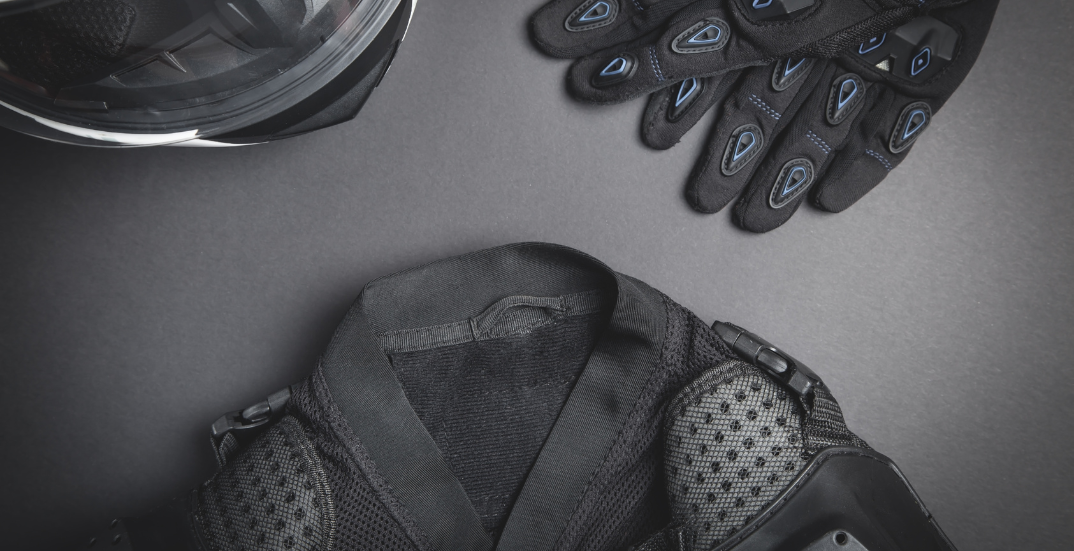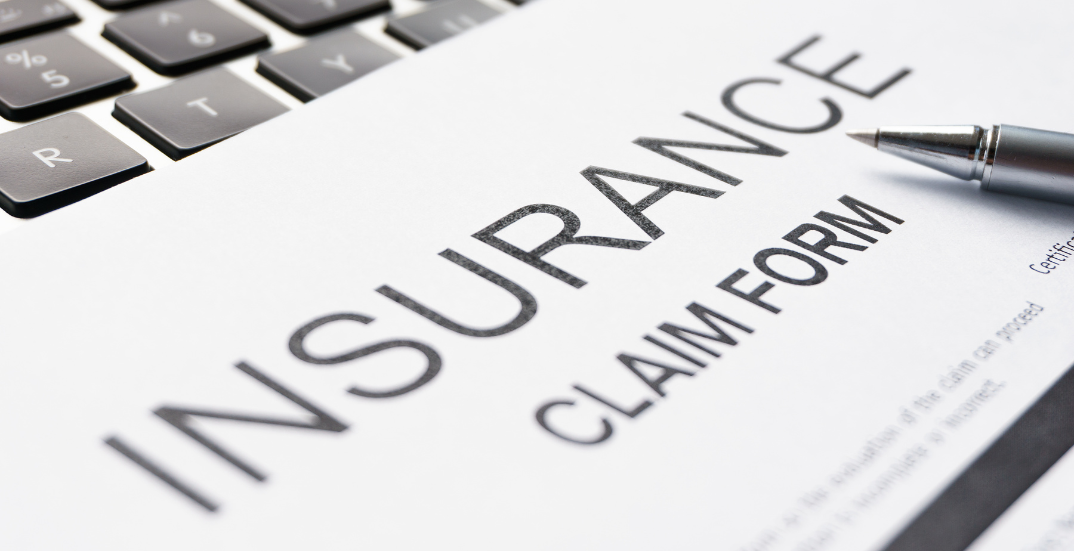
Riding a motorcycle in West Virginia is exhilarating, but it comes with responsibilities. From safety regulations to equipment checks, motorcycle riders must follow strict rules to ensure their safety and the safety of others on the road. A critical question often asked is whether motorcycles need turn signals in West Virginia. The answer is simple: Yes, they do.
Let’s break down the requirements for motorcycle equipment and inspections in West Virginia and what every biker needs to know to stay compliant with state laws.
Understanding West Virginia’s motorcycle laws is essential for all riders, whether you’re a resident or just visiting.
Following these laws ensures that you’re safe, legal, and able to enjoy the beautiful roads this state has to offer. At Manchin Injury Law Group, we’re committed to supporting bikers in West Virginia, advocating for your rights, and providing legal assistance when needed.
Yes, all motorcycles manufactured after January 1, 1973, must have functioning turn signals. This law ensures that motorcycles are visible when changing directions, preventing potential accidents caused by unclear signals.
Even if you’re a seasoned rider, making sure your bike is equipped with the proper turn signals is crucial for your safety and the safety of others on the road.
In addition to ensuring that your motorcycle has turn signals, West Virginia requires an annual inspection for all motorcycles. This inspection covers several important aspects of your bike’s safety and performance.
The inspection process in West Virginia ensures that all motorcycles meet specific safety standards. This yearly checkup aims to identify any mechanical issues that could pose a danger on the road.
Your brakes are crucial to your safety. During the inspection, your bike’s braking system will be checked for functionality, and stopping distances will be measured to ensure they meet safety standards.
Your headlamp’s output, focus, aim, and mounting will be inspected. Proper headlamp function is critical, especially when riding at night or in low visibility conditions.
This includes the lights at the rear and sides of your bike. They’ll be inspected for proper output, focus, and mounting. The aim is to ensure that other drivers can see your signals clearly when you’re on the road.
West Virginia law requires that handlebars be no higher than 15 inches from the seat. The inspector will check to make sure your bike complies with this rule.
Your motorcycle must be equipped with mirrors that provide a clear view of at least 200 feet behind you. These mirrors help prevent accidents by allowing you to see vehicles approaching from the rear.
If your motorcycle is less than 10 years old, it must have a functioning odometer. This ensures that your bike’s mileage can be tracked accurately.
Your horn must be audible from at least 200 feet away. However, private motorcycles cannot have siren sounds or exhaust whistles.
The rear tag must be clearly visible and illuminated by a white light.
The inspection will also check your bike’s exhaust system, ensuring there are no excessive vibrations or issues with the tailpipe.
Besides the mechanical aspects of your motorcycle, West Virginia law also requires specific protective gear for all riders. The following are essential for every biker:
In West Virginia, both the rider and any passengers must wear a helmet. Additionally, eye protection such as face shields or goggles is mandatory. This is to protect your eyes from wind, debris, or insects that can distract you while riding.

Your motorcycle must have a shatter-resistant windshield or windscreen. The rearview mirror must be adjustable and provide a clear view of at least 200 feet behind you.
Your motorcycle’s headlamp must be on at all times during operation, even during the day. The tail lamps must consist of a red brake light and a white light to illuminate your rear tag.
There are also specific actions that are prohibited by law. For example, lane splitting (riding between lanes of traffic) is not allowed. Additionally, passengers cannot ride sidesaddles, and sidecar passengers must have individual seats, seatbelts, and footrests.
If your motorcycle is equipped with running board lights, these lights must not produce glare that could distract other drivers.
Accidents can happen to even the safest riders. In West Virginia, the law uses a comparative negligence system when evaluating personal injury and wrongful death claims. This means that if you are found to be more than 50% at fault for an accident, you may not be able to recover any damages for your injuries.
For example, if you’re involved in an accident and it’s determined that you were not using your turn signals properly, your claim for compensation could be significantly reduced or even denied.
Even a small violation, such as not having the proper protective gear or failing to maintain your bike’s equipment, can affect the outcome of your accident claim.
West Virginia’s modified comparative fault system allows courts to reduce or eliminate compensation based on your level of fault in the accident.

Motorcycle riders have the same rights as other drivers on the road, but understanding and following the laws that apply to your bike is crucial. Keeping your motorcycle in compliance with West Virginia’s regulations not only keeps you safe but also protects you legally in the event of an accident.
At Manchin Injury Law Group, we are committed to helping motorcycle riders navigate the legal challenges they may face after an accident. We understand the complexities of motorcycle laws and how they can impact your ability to recover damages.
By understanding the laws regarding turn signals, annual inspections, and protective gear, you’re taking the first step in ensuring your safety on the road. Following these regulations not only helps prevent accidents but also protects your rights as a rider.
If you’ve been involved in an accident or have questions about your rights as a motorcyclist in West Virginia, contact the legal team at Manchin Injury Law Group. We’re here to support you and help you get the compensation you deserve. Stay safe, stay informed, and let us protect your rights.

Member at Manchin Injury Law Group
Attorney at Personal Injury

Attorney Timothy Manchin established the Manchin Injury Law Group in 2011 after his law partner of more than 25 years became a West Virginia circuit court judge. His focus is on helping individual clients and entire families victimized by negligent acts.
We offer a free initial consultation at our office in the Manchin Professional Building — our home since 1983 — conveniently located in Fairmont.
If you are unable to visit our firm, we can come to your home or hospital room.
Fill out the form below to get in touch!